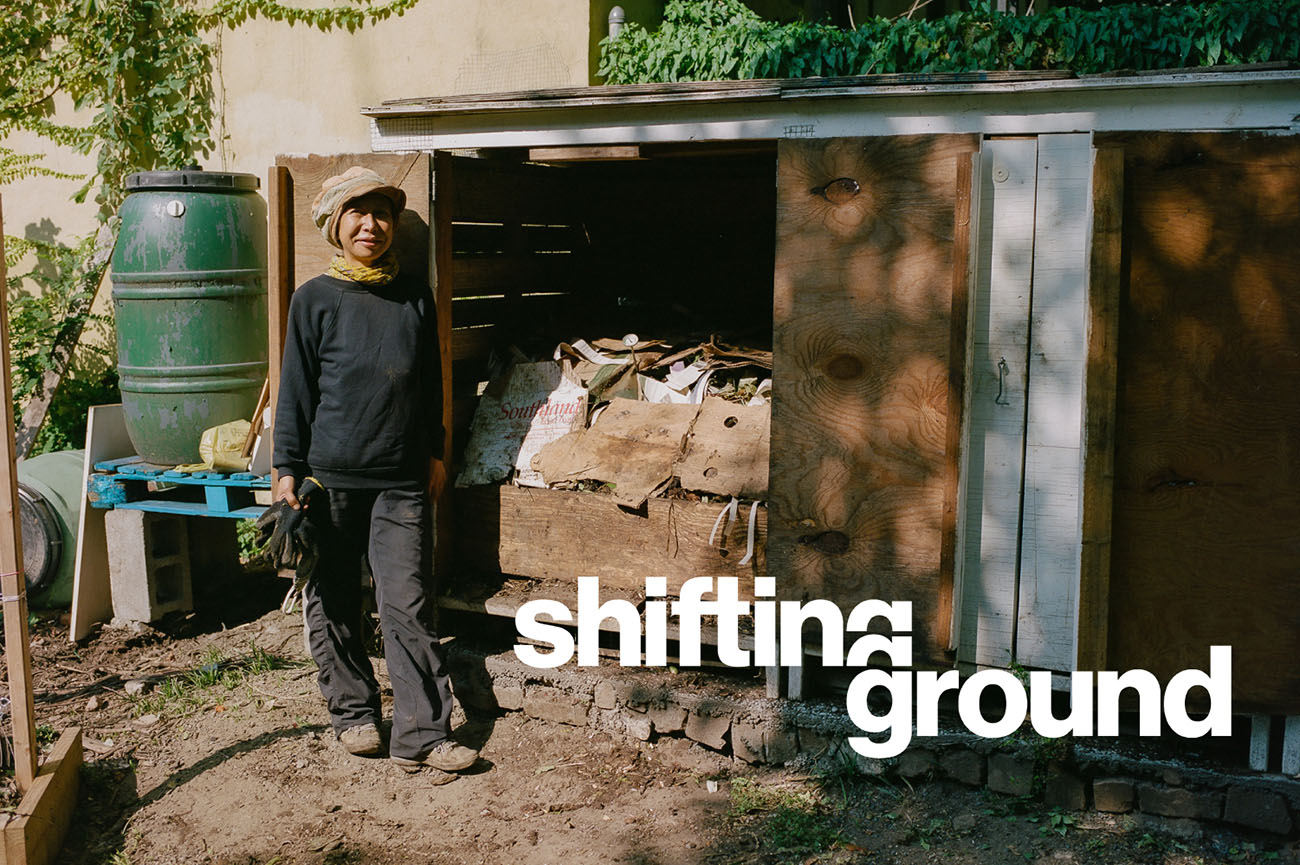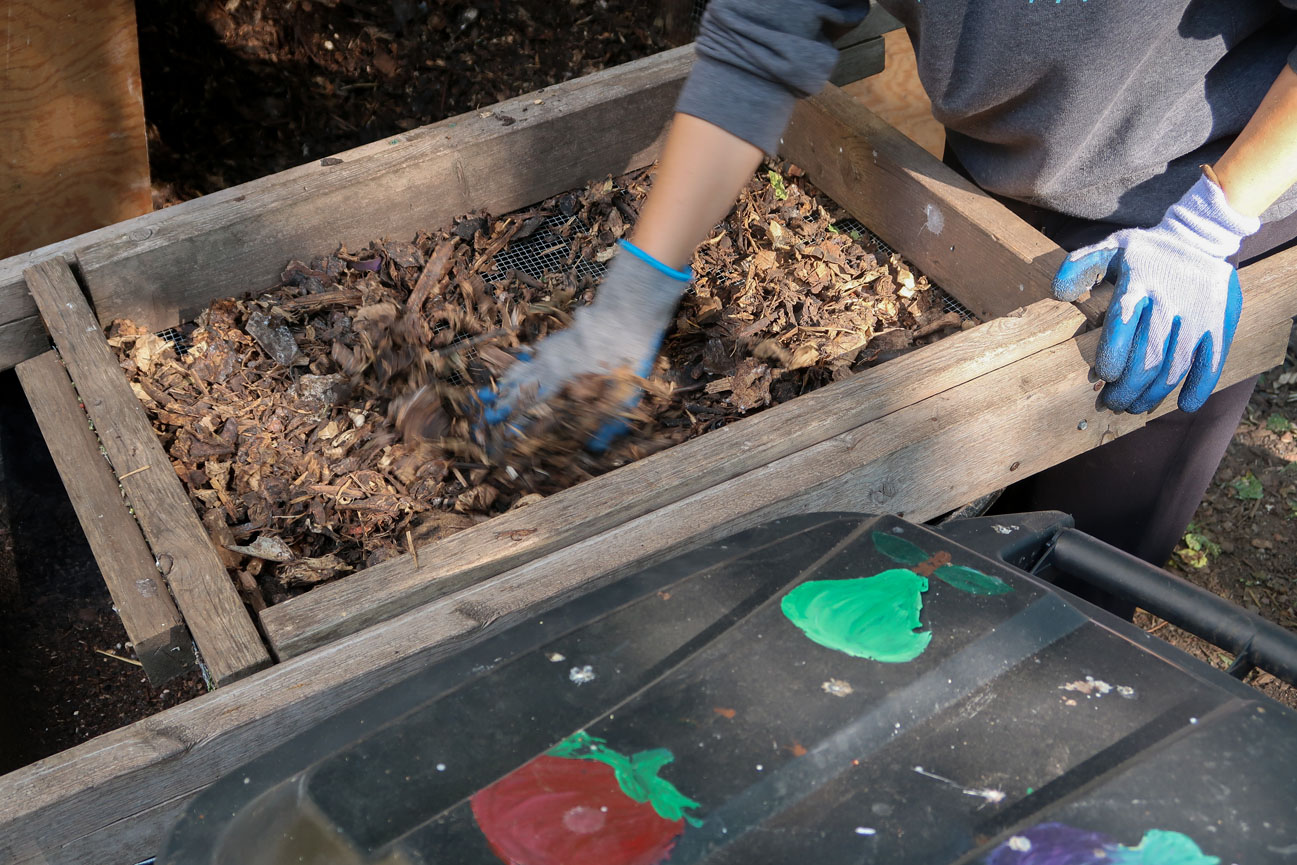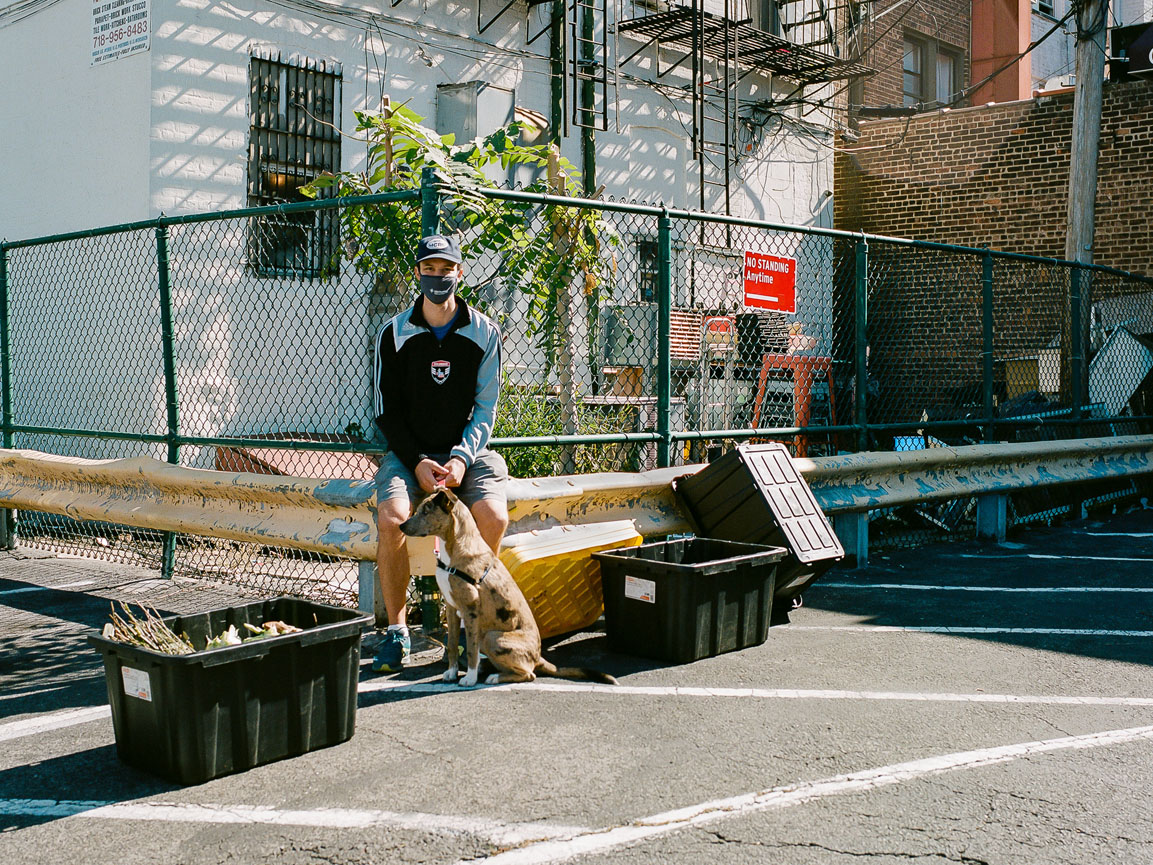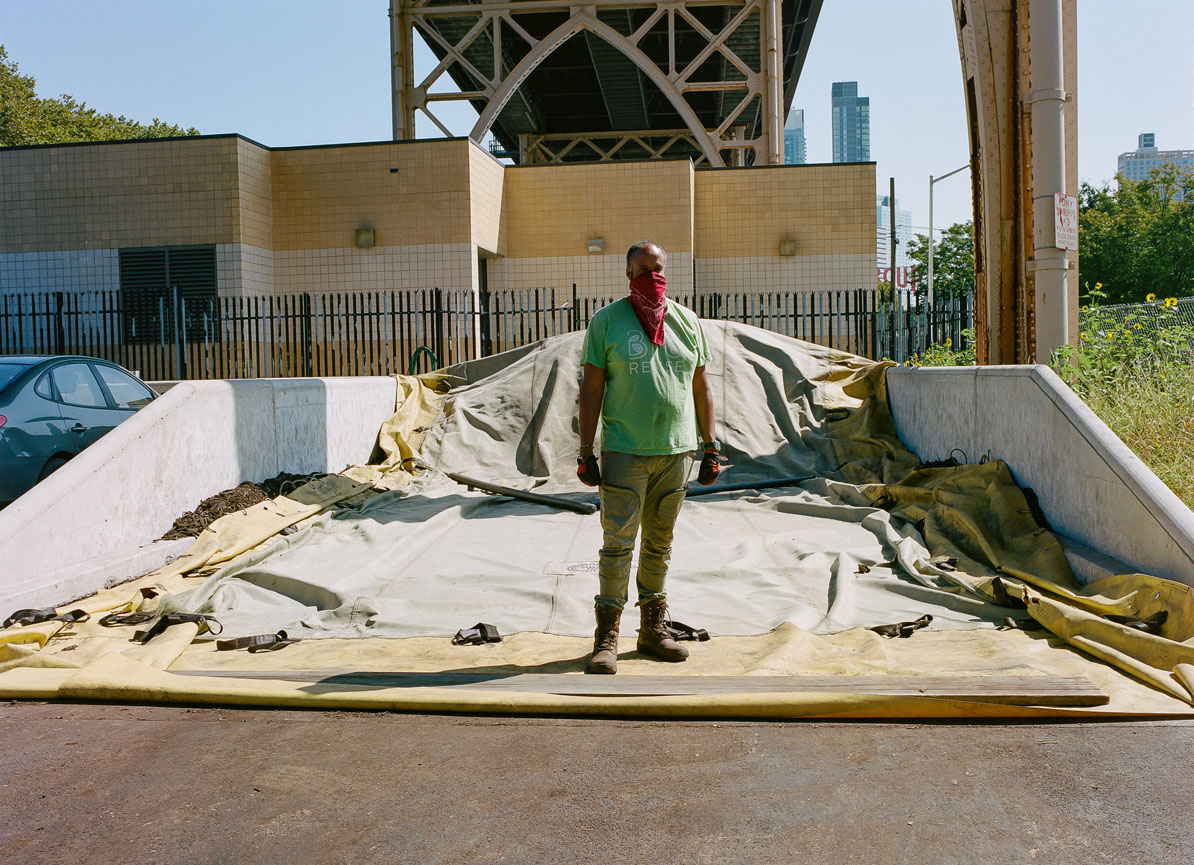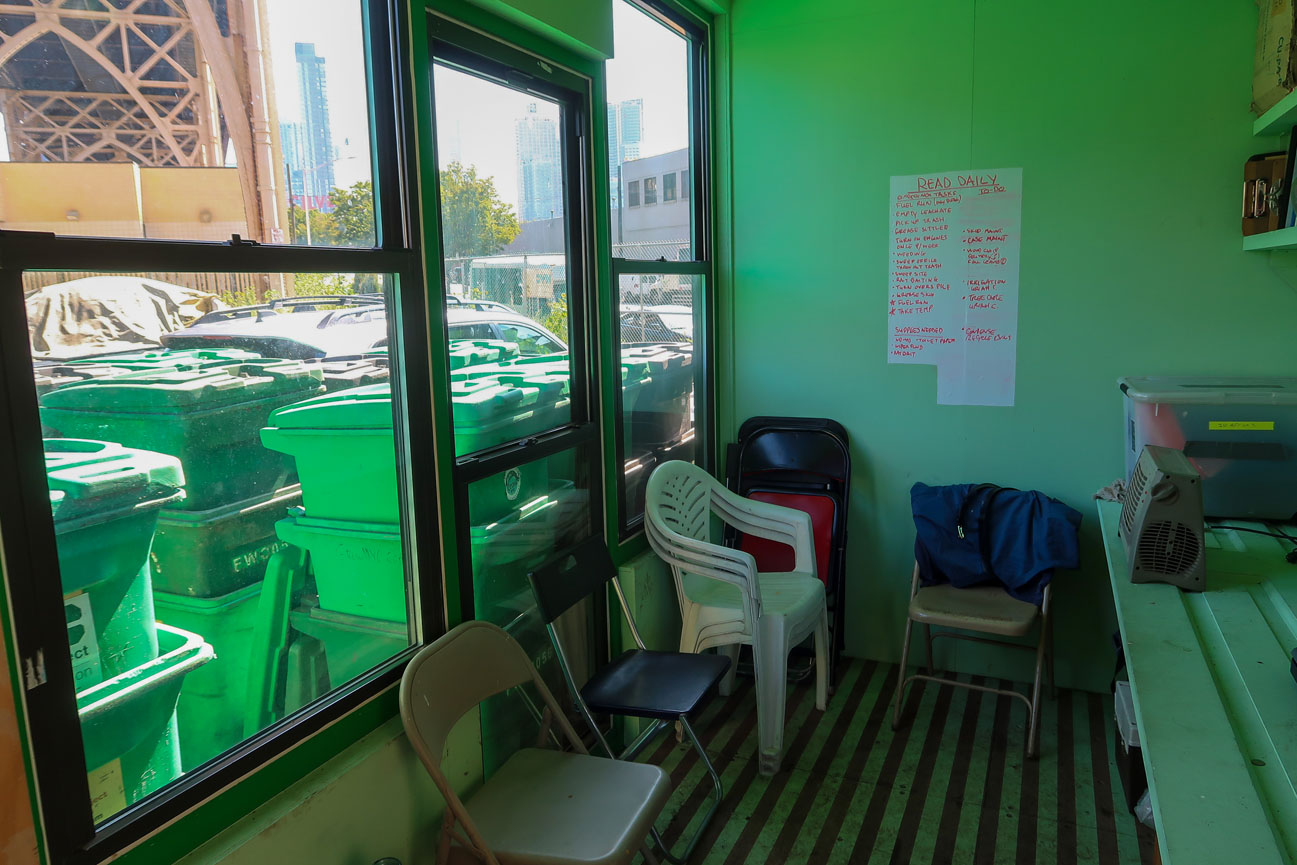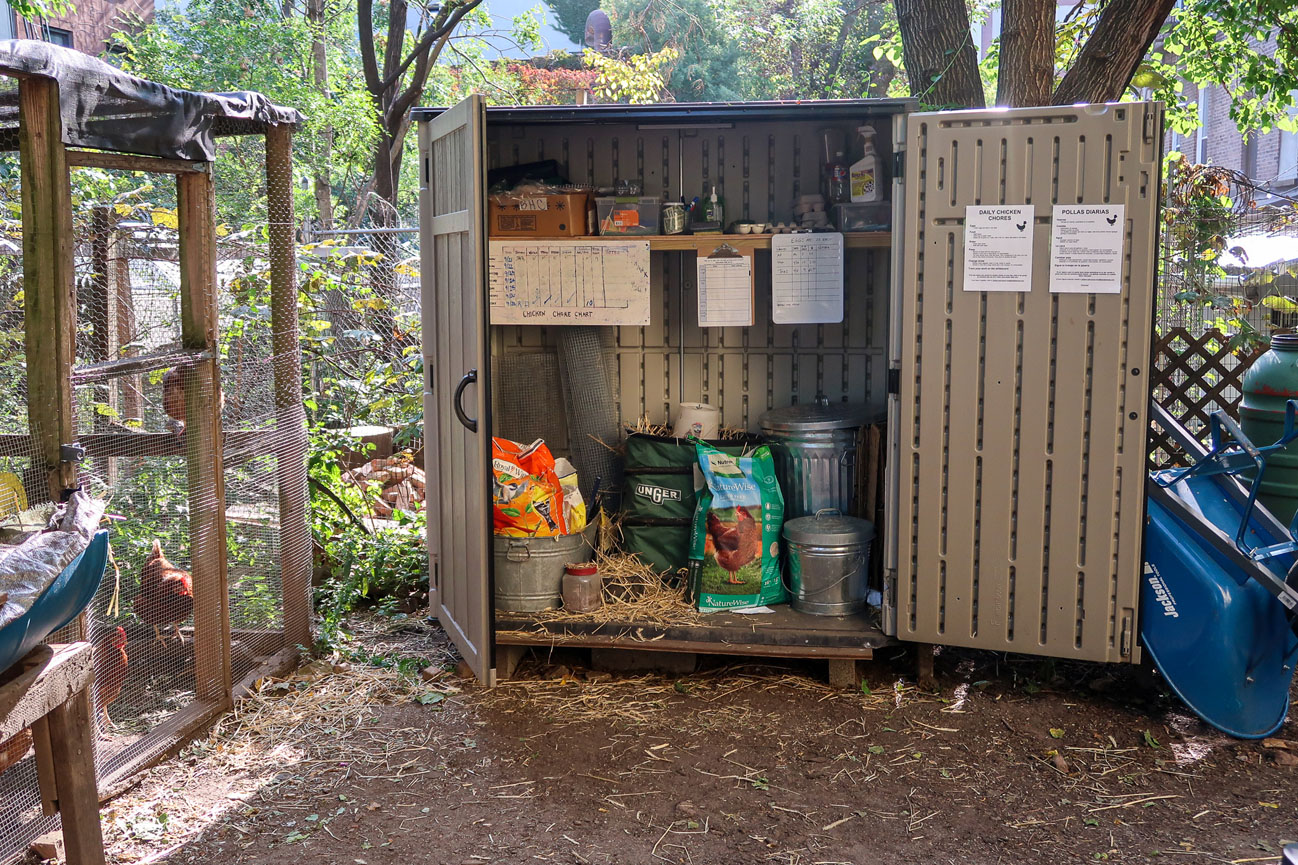Trash? Treasure!
Community group Trash Club asserts the value of composting after New York cuts service due to COVID.
Shifting Ground was an open call for visual reports about how the events of 2020 and 2021 reconfigured our relationship with both public and private space. Select entries were posted on the League’s Instagram account.
Trash Club, a community group dedicated to understanding and engaging with New York City’s waste streams, sent images reflecting on the state of composting in the city.
The group’s organizers wrote:
Beginning in May 2020, NYC temporarily suspended most of its voluntary composting program, leaving residents throughout the five boroughs at a loss for ways to sustainably dispose of their food waste. For environmental advocates, this was the latest in a long series of actions demonstrating the city’s lack of meaningful investment in equitable green initiatives. Composting, it turns out, isn’t “essential.”
But it should be. Composting offers countless benefits for communities, with profound consequences for issues like food security, climate change, green jobs, and environmental justice. Business-as-usual waste disposal is an act of structural violence that ultimately damages marginalized neighborhoods most.
In the absence of an official composting program, a number of individuals and organizations have stepped up to collect New Yorkers’ food waste. This series of images by Morgan Mueller showcases the work of groups like Big Reuse, Astoria Pug, Pleasant Village Garden, and BK Rot.
Explore
A conversation on nature and the city
A discussion of the role of politics and economics in the transformation of the natural environment.
Interview: Ants of the Prairie
Joyce Hwang questions gaps of logic in sustainability and pushes architecture to move beyond an anthropocentric view.
Interfacing architecture in the fragile ecosystems of Australia
Jennifer Magee writes about the need for an architecture modeled on nature.

